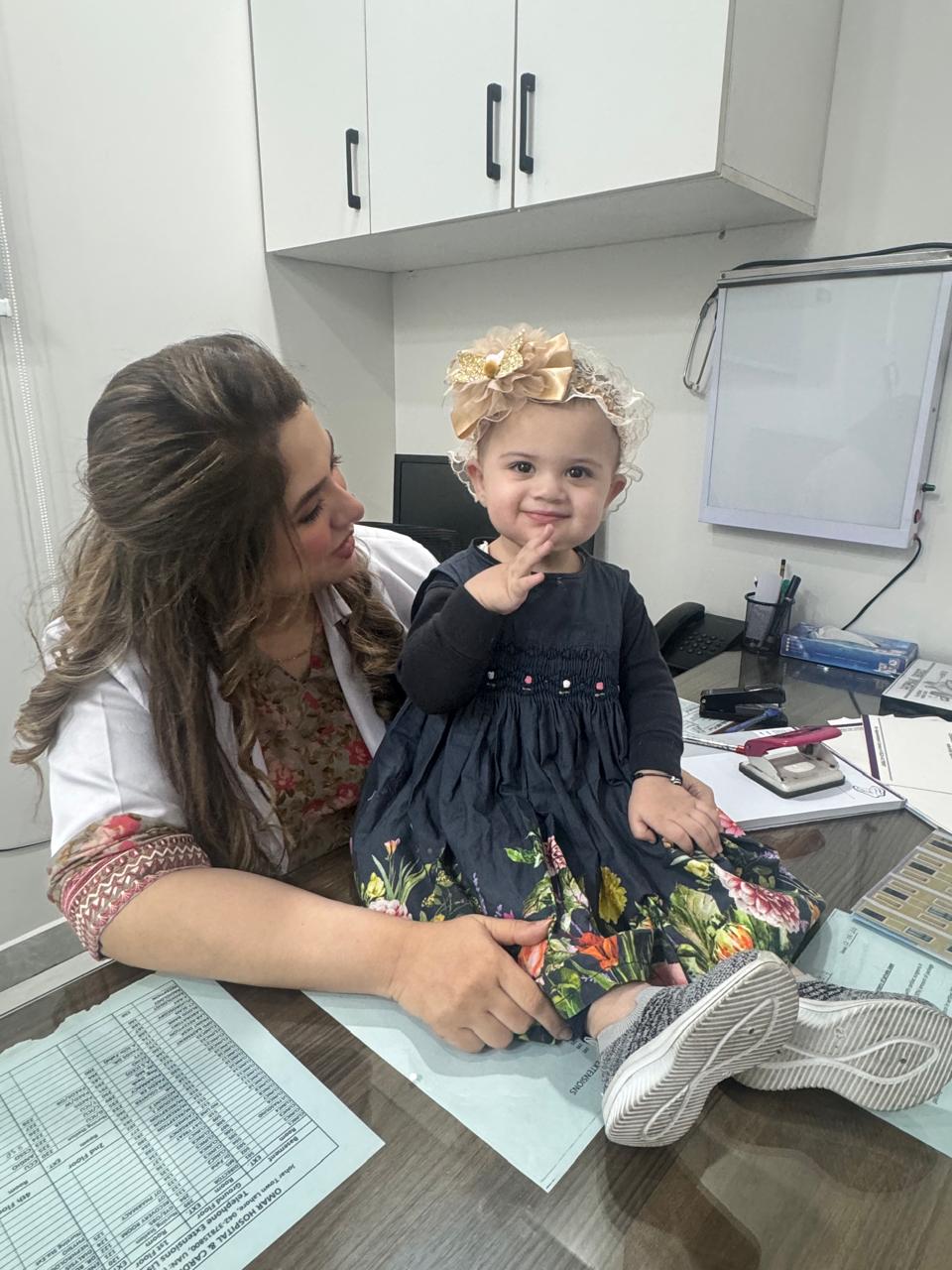Menstrual health is a key indicator of a woman’s overall well-being. Understanding your menstrual cycle helps you recognize what’s normal, when to seek medical advice, and how to take better care of your body. It’s not just about monthly bleeding — it’s about hormonal balance, reproductive health, and quality of life.
Understanding Menstrual Health: A Vital Aspect of Women’s Wellbeing
Menstruation is a natural biological process experienced by billions of women and girls across the world. Yet, despite its universality, menstrual health remains surrounded by stigma, silence, and misinformation. Promoting menstrual health is not just about managing a monthly cycle; it is about empowering individuals with dignity, education, and access to necessary resources.
What is Menstrual Health?
Menstrual health refers to complete physical, mental, and social well-being in relation to the menstrual cycle. It goes beyond simply having access to sanitary products — it involves having accurate information, safe and private spaces for managing menstruation, access to healthcare, and a society free of taboos or discrimination.
Why Menstrual Health Matters
- Hygiene and Health
Improper menstrual hygiene can lead to serious health problems such as reproductive tract infections (RTIs), urinary tract infections (UTIs), and other gynecological issues. Girls and women need clean, safe sanitary materials and the ability to change them in privacy to protect their health. - Education and Participation
In many parts of the world, girls miss school during their periods due to lack of facilities, fear of leaks, or embarrassment. This can lead to lower academic performance and even dropout. By supporting menstrual health, we empower girls to participate fully in education and society. - Mental and Emotional Well-being
For many, menstruation can be painful, uncomfortable, and emotionally distressing. Conditions such as PMS (premenstrual syndrome), PMDD (premenstrual dysphoric disorder), or menstrual-related anxiety are real and need to be acknowledged and treated with care. - Reproductive Awareness
Understanding menstruation is key to understanding fertility and reproductive health. Teaching both girls and boys about the menstrual cycle builds a foundation for respectful relationships and informed decisions about reproductive health.
Challenges to Menstrual Health
- Lack of Education: Many girls begin menstruating without knowing what it is. In some cultures, menstruation is considered dirty or shameful, and families avoid discussing it.
- Inaccessibility of Products: In low-income communities, many cannot afford sanitary pads or tampons and may resort to unhygienic alternatives like rags or leaves.
- Insufficient Sanitation Facilities: Schools and workplaces may lack toilets, water, or disposal options, making it hard to manage periods hygienically.
- Cultural Taboos: In some regions, menstruating women are excluded from social, religious, or household activities. This isolation damages their confidence and social participation.
Promoting Better Menstrual Health
- Education and Awareness: Schools should include menstrual health education for both girls and boys. Parents, teachers, and health workers must be trained to talk openly and respectfully about menstruation.
- Improving Access: Governments and NGOs must work to provide affordable, safe menstrual products and build sanitary facilities in schools, workplaces, and public areas.
- Ending Stigma: Media, influencers, and community leaders can play a powerful role in breaking taboos. Open conversation can normalize menstruation and encourage empathy.
- Medical Support: Women and girls experiencing irregular periods, extreme pain, or other issues should be encouraged to seek medical help. Menstrual disorders should never be ignored or dismissed as “normal.”
Conclusion
Menstrual health is a fundamental human right and a cornerstone of gender equality. When girls and women can manage their periods safely and with dignity, they can fully participate in school, work, and community life. It is time to break the silence, educate widely, and ensure every person who menstruates has the knowledge, resources, and support they deserve.
